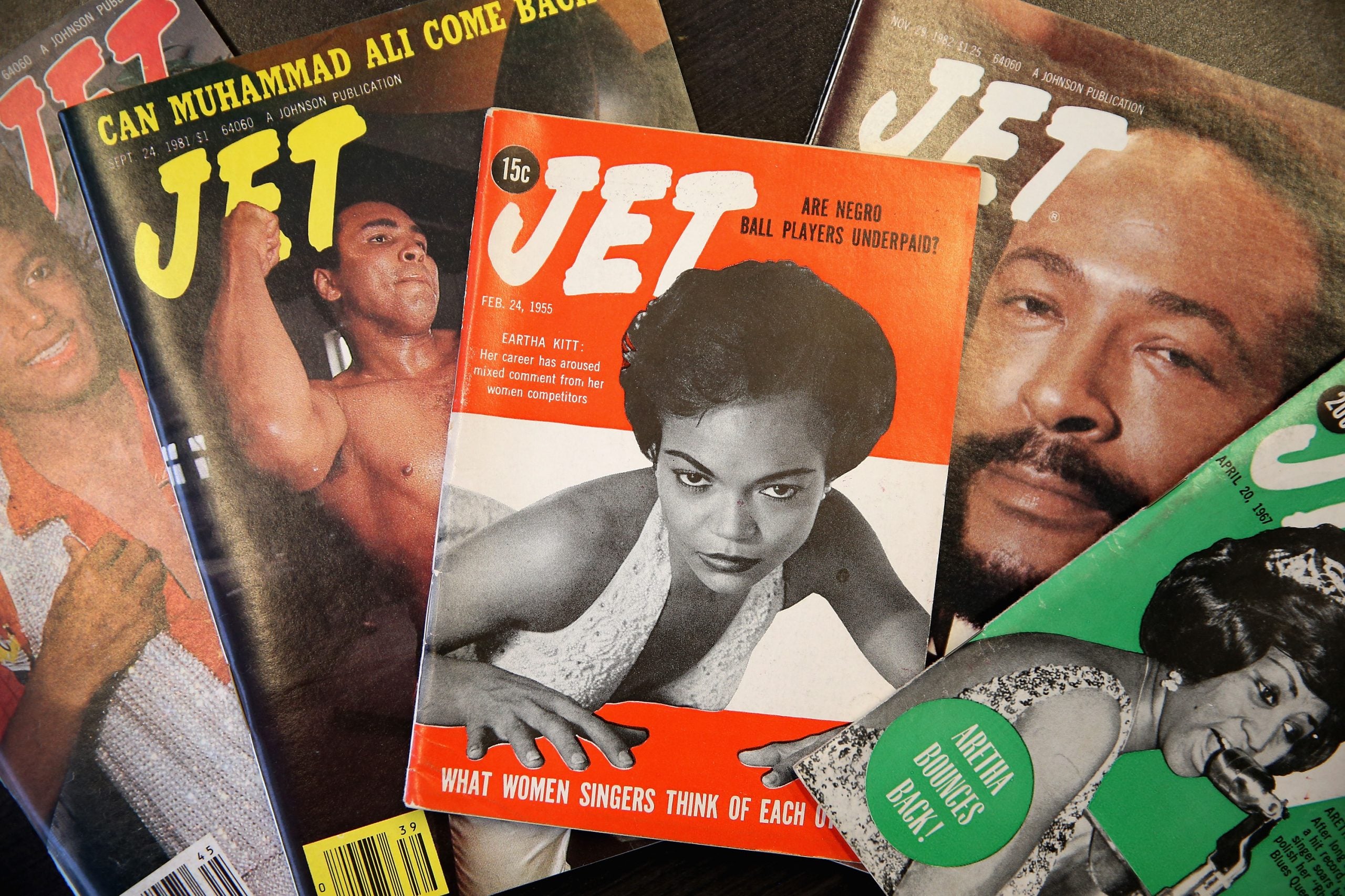
With a $30 million dollar transaction, over four million negatives and prints from Jet and Ebony magazines will now be digitized. This purchase was made by the combined efforts of the Smithsonian Institution, the J. Paul Getty Trust, the Andrew W. Mellon Foundation, and the MacArthur Foundation.
The Smithsonian issued a press release about this historic acquisition, quoting the Director of the National Museum of African American History and Culture (NMAAHC). It stated, “For decades, Ebony and Jet documented stories of Black celebrity, fashion, and the Civil Rights Movement and provided an opportunity for African Americans to see an authentic public representation of themselves while also offering the world a fuller view of the African American experience.”
Young continued, “Our museum is proud that this significant and iconic collection of African American images will be housed in our museum and preserved for generations to study, observe and enjoy.”
As a result, the collection of photography negatives, photos, and both audio and visual recordings, is now a digital resident at the Getty Research Institute and the NMAAHC.
The John Publishing Company (JPC) was founded by John H. and Eunice W. Johnson in 1942 and began publishing Ebony in 1945 and Jet in 1951, continuing to do so for seventy years. Former NBA player Ulysses “Junior” Bridgeman has owned the magazines since 2020, and elected to continue Ebony as an online, digital publication.
While the company sold both magazines, they did retain ownership of the photo archives. JPC had considered selling on two prior occasions, even going as far as having the collection appraised in 2015 at a value of $46 million; however, the auction was deferred to 2019, when the company submitted bankruptcy filings.
As these events unfolded, curators, historians, and admirers of the magazines alike were fearful that a private acquisition could lead to the disappearance of these archives from the public and were relieved when the Getty and NMAAHC announced their plans.
Per the museum’s statement, “the archive reveals myriad facets of the Black experience and allows viewers to consider American life of the last century through the eyes of Martin Luther King Jr., Malcolm X, Maya Angelou, Shirley Chisholm, and scores of Black activists, advocates, artists, athletes, entertainers, poets, politicians, students, writers, and everyday people.”
The archives have been held in Chicago since the purchase for conservation purposes in addition to “select exhibition and programming.” An archival team, the Blackivists—a collective of trained Black archivists who prioritize Black cultural heritage preservation and memory work—have been tasked with cataloging and making assessments about the collection.
Afterward, majority of the images will be relocated to their new home in Washington, D.C., but Chicago will be able to still house the Chicago-centric materials, and a location is currently being scouted for storage and display suitability purposes.